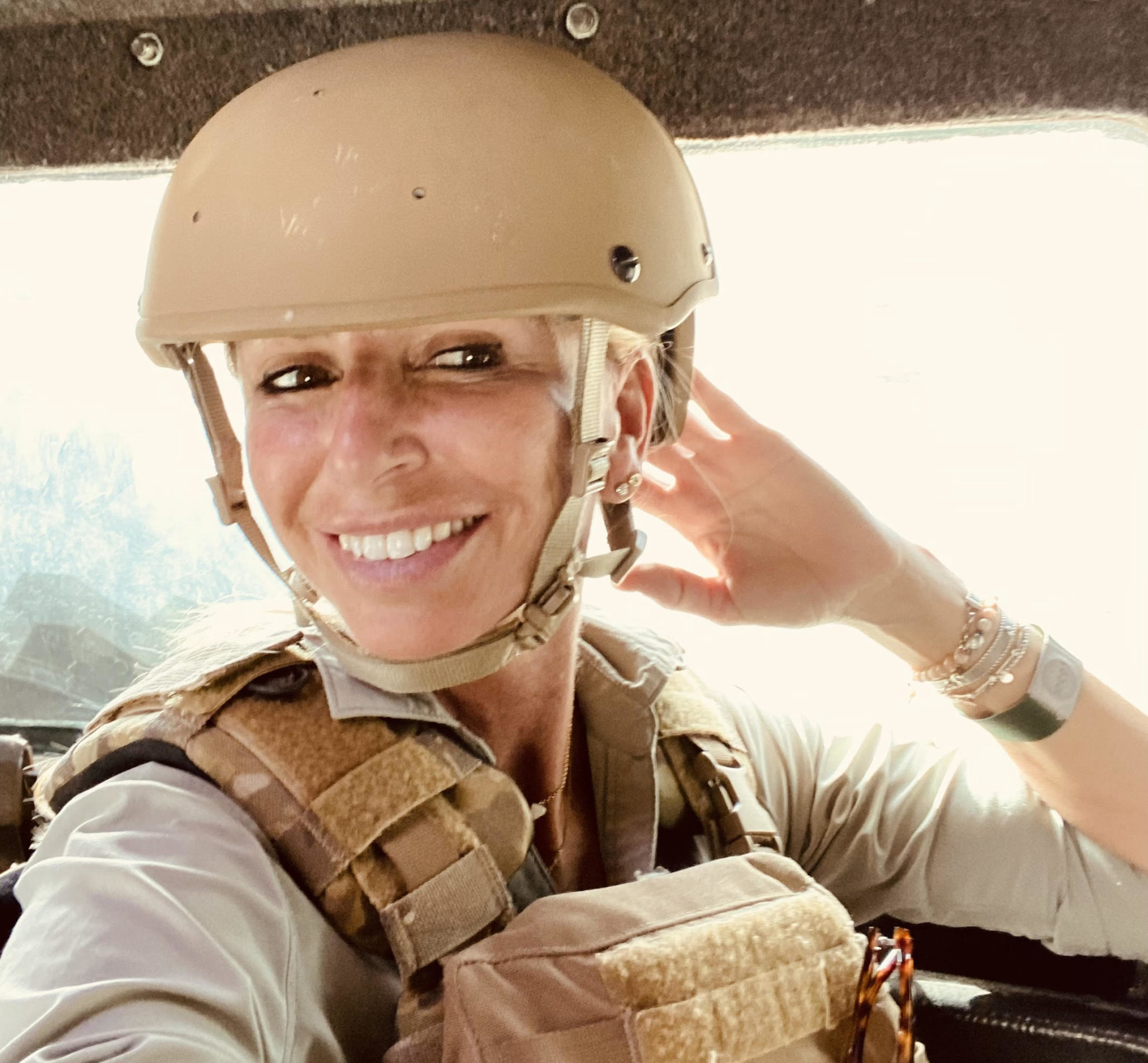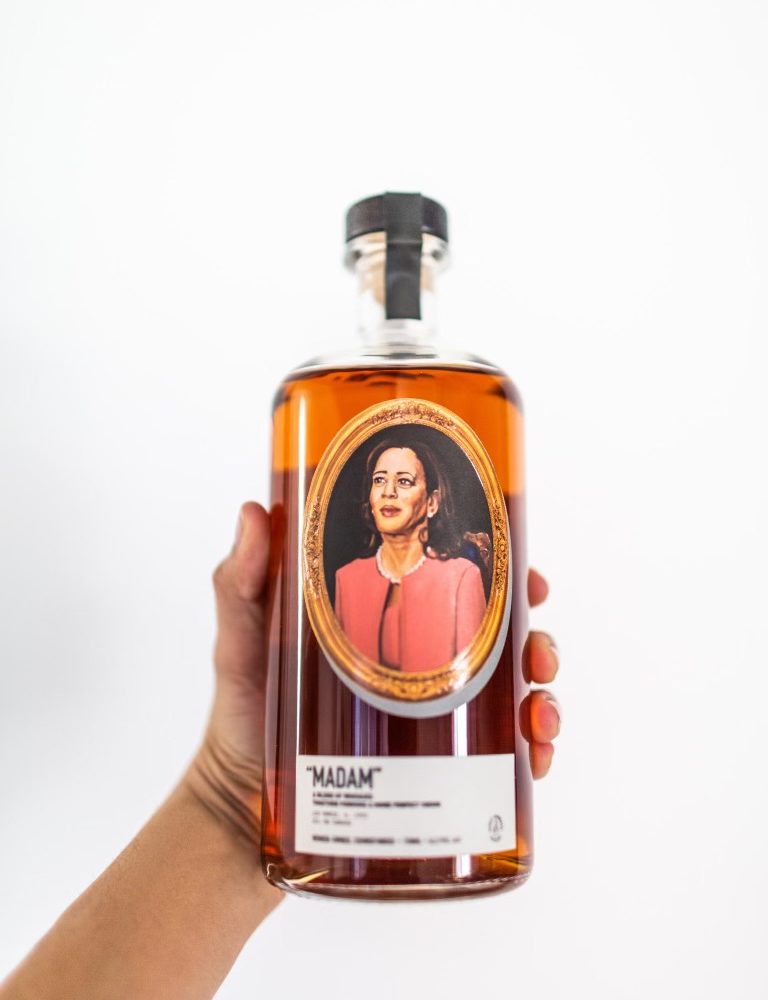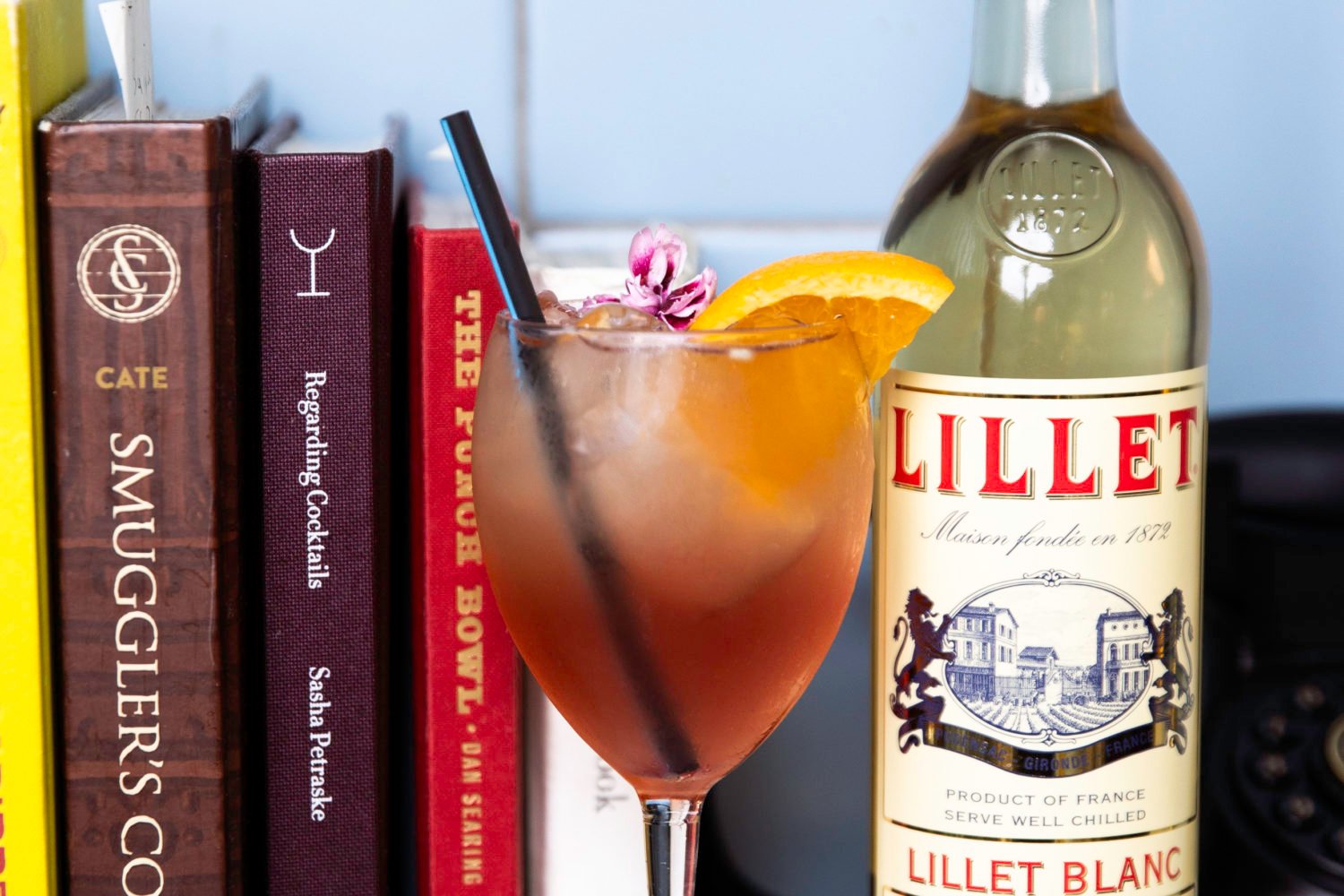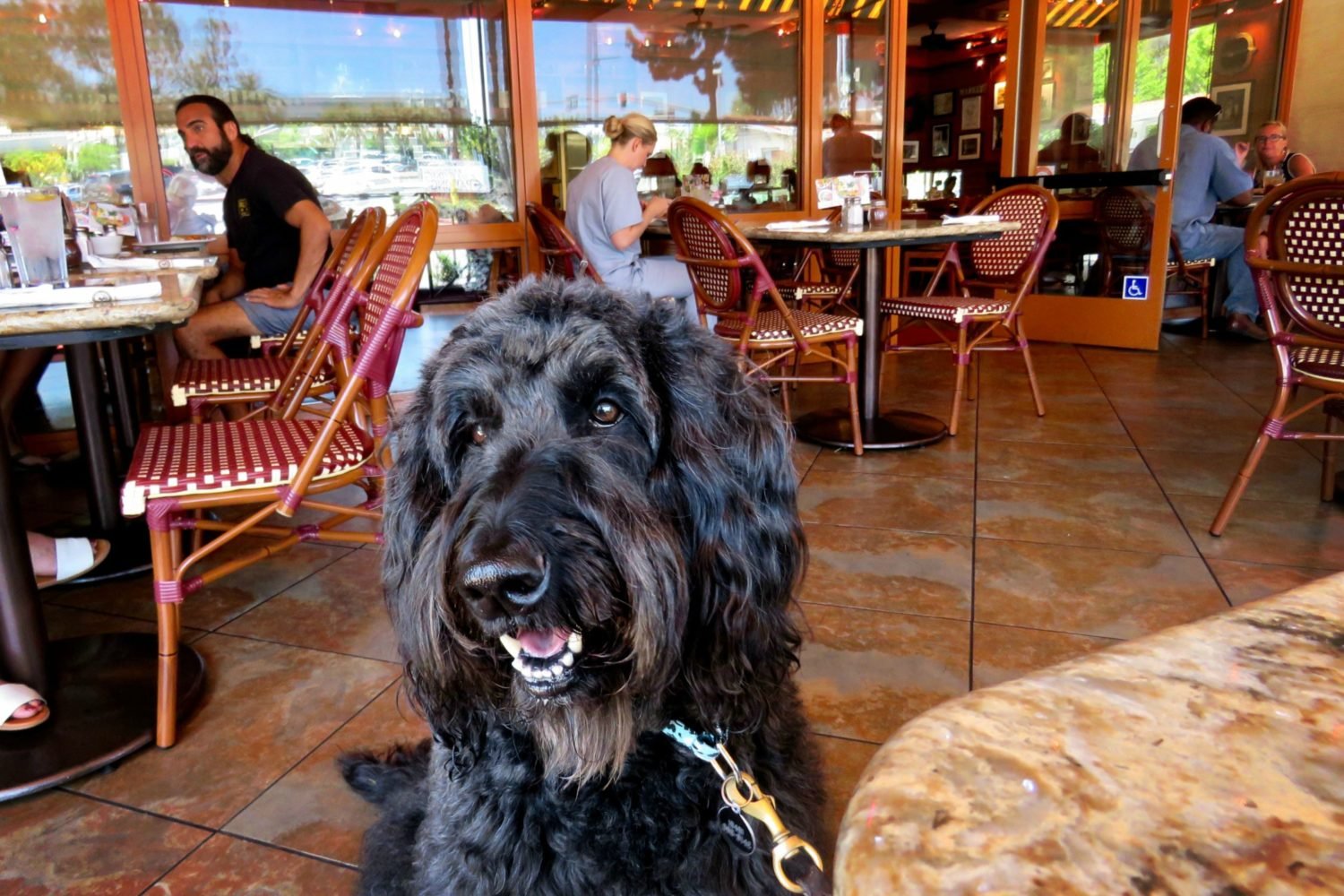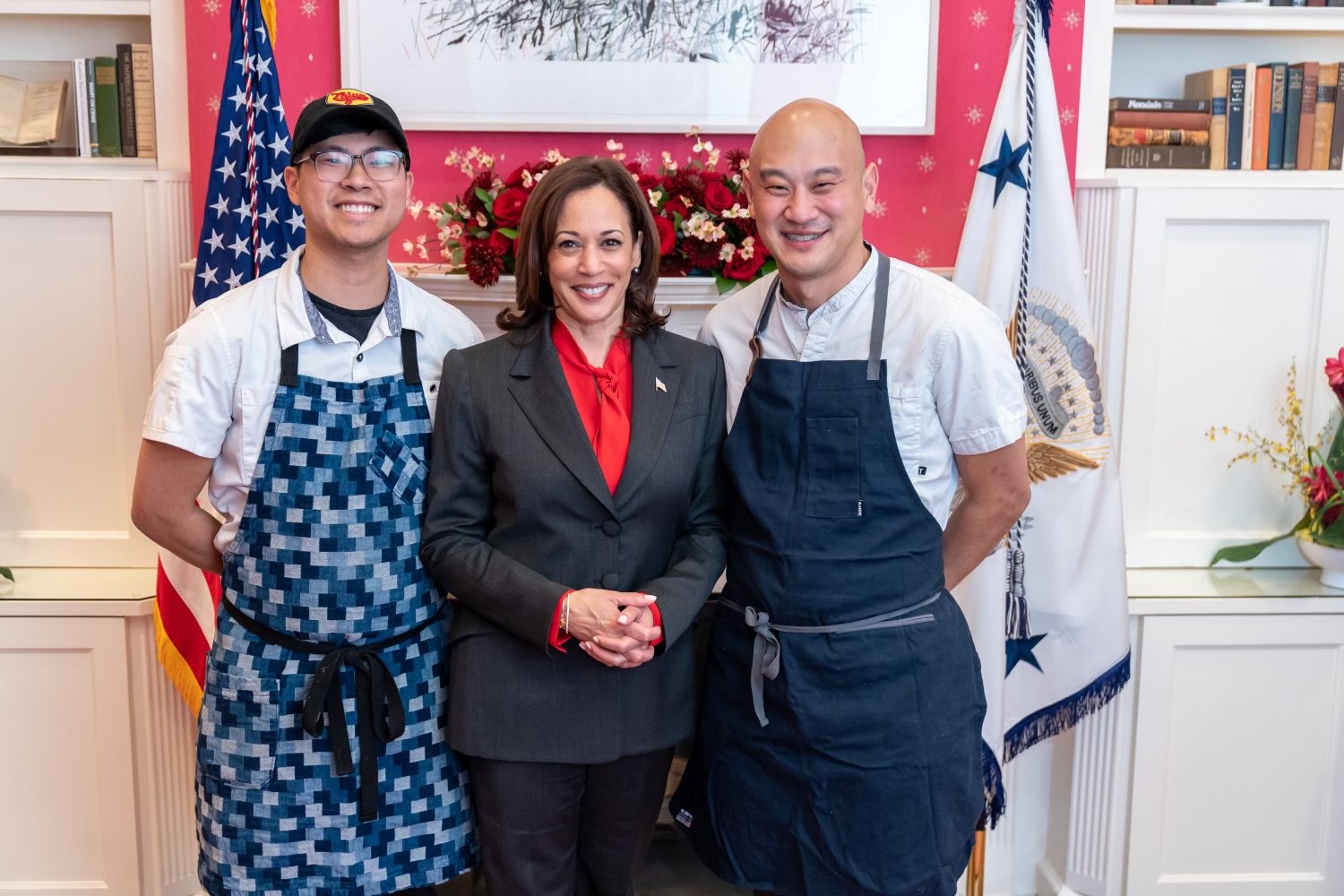The Trabocchis were, until recently, one of DC’s most powerful restaurant couples. Maria was the stylish hostess who cultivated an impressive VIP clientele at fine-dining hotspots Fiola and Del Mar. Her husband, Fabio, was the Michelin-starred chef. Then, in 2019, they divorced. Though she remains a partner in the restaurants and says she and her ex still have a “great relationship,” she’s no longer a ubiquitous presence in their DC dining rooms. Instead, Trabocchi has been spending a lot of time in an unexpected location: Somalia.
Trabocchi was approached in February 2019 by Bancroft Global Development, a DC-based NGO and private military contractor that describes itself as “managing complex projects in conflict zones.” Bancroft trains Somali troops fighting extremist group al Shabaab, supports peacekeeping missions, and provides medical care. It operates out of a huge, highly secure base in Mogadishu that regularly hosts diplomats, journalists, and other international travelers. Trabocchi, Bancroft proposed, could help them upgrade the food.
“They were clearly impressed by the way we do business and the way we treat our people, and I think they liked my personality in terms of how I deal with any VIP and client,” Trabocchi says. “I could easily then adapt to whatever circumstance or different type of personalities we might find in Africa.”
Lots of restaurateurs take on international projects, but this was a very different proposition from some high-end new eatery in, say, Shanghai or Prague. Trabocchi would be parachuting into a place plagued by kidnappings, civil unrest, and famine. And she was reluctant at first. “I’m like, ‘No, there’s no way,’” she says. “I love luxury.” But she decided to visit Somalia anyway, just to see for herself. On the base, she found that people were eating food that she thought seemed unhealthy and bland. Plus, she was drawn to the idea of an adventure. So she signed on to open two bars and a pair of cafeteria-style restaurants.
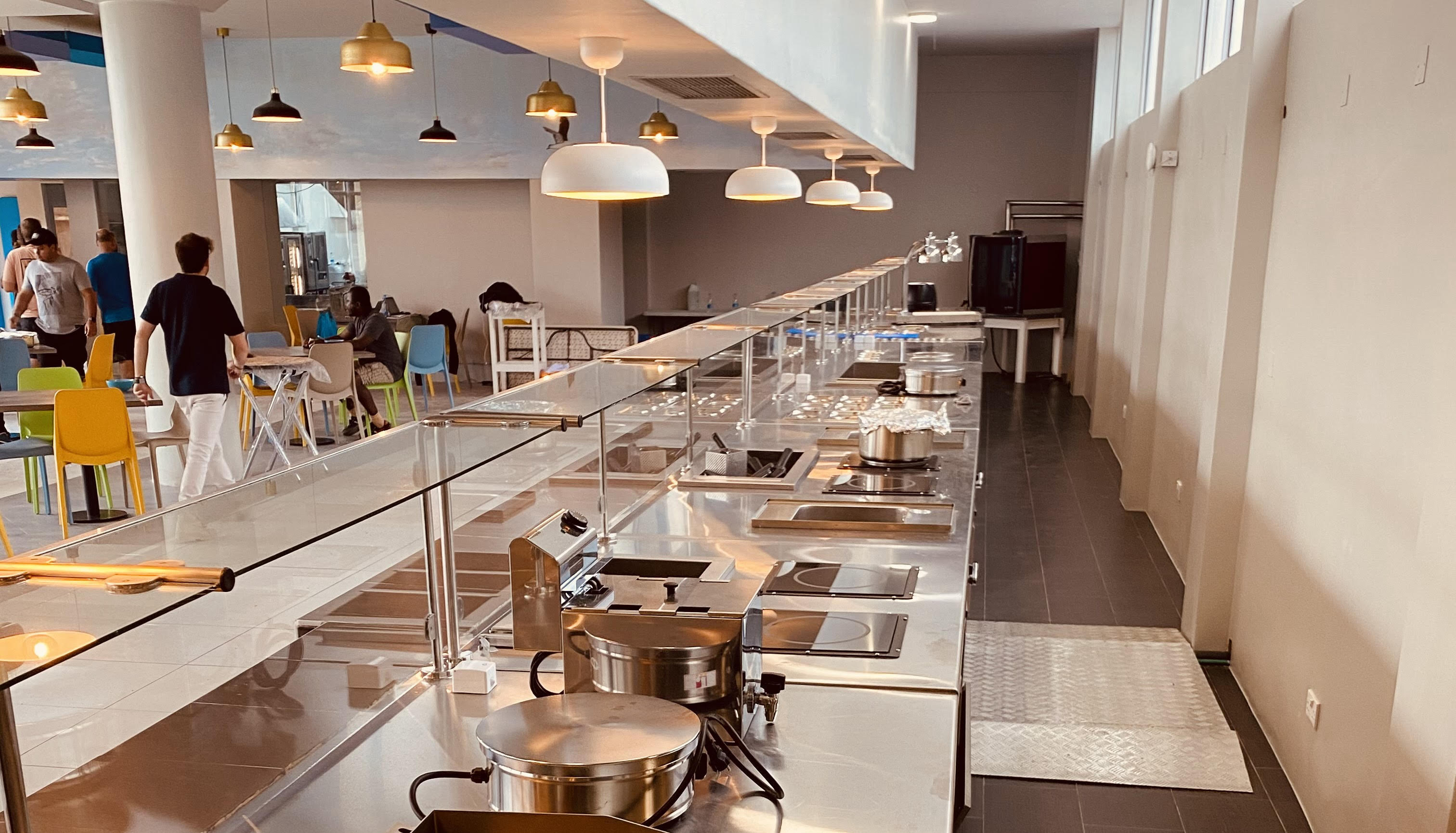
Since then, Trabocchi has been making nearly monthly trips to Mogadishu, where she stays in a converted shipping container with wi-fi and air conditioning. She’s orchestrated new menus that offer handmade pastas, wood-fired pizzas, burgers, and local lobster. There’s “Mexican night” and weekend brunch with bloody Marys. “We have a great cocktail selection,” Trabocchi says, as if she were talking about some eatery on the hip DC waterfront. Trabocchi’s team also provides upgraded MREs—think sous vide steaks—for deployments, as well as dog food for explosive-sniffing canines.
Trabocchi has taken to posting photos of her Somali expeditions on Instagram, nestled between images of Mallorca sunsets and Obama throwback selfies. In one picture, she poses holding a gun, draped in a bandolier, alongside the hashtags #badass and #dontmesswithme. (Learning to use a gun was part of the gig.) “Now they call me Lara Croft,” she says. “It’s dangerous, but, you know, it makes it even more fun.”
View this post on Instagram
To assist with the openings, Trabocchi brought at least five chefs and managers who’d been laid off from her DC restaurants at the start of the pandemic over to Mogadishu. She’s also helped set up a culinary school to train people from Somalia, Kenya, and Uganda. The school is the only real place where she’s spent time with locals, except for occasional interactions with Somali politicians. “You can never get me away from that,” she says.
Trabocchi explains that the biggest difference from opening restaurants in DC—besides the armed bodyguards—is the difficulty getting ingredients, which have to be shipped primarily from Europe. In Washington, she is accustomed to making a call and having anything she wants the next day. In Somalia, a delivery of chicken or flour needs to be planned at least three months in advance. Trabocchi now knows more than she ever wanted to about shipping routes. (One of her beer deliveries was held up by the ship stuck in the Suez Canal.)
Improving the quality of MREs and mess halls is one thing, but Trabocchi’s next move at the base is even more surprising: a full-service fine-dining restaurant. “I think it’s a good challenge,” she says. “We have a beautiful room with hand-painted frescos. Why stop at something when you can do more and offer more variety?” She describes it as “another improvement” for the camp, as well as a stepped-up training opportunity for the culinary students. The native Spaniard has already boasted on Instagram she might be the first person to bring a leg of high-end Cinco Jotas Ibérico ham to Somalia.
View this post on Instagram
It’s a rather stark contrast to how most people live in a country where an estimated 3.2 million are food insecure and 275,000 children are severely malnourished. Trabocchi isn’t feeding hungry locals, but the way she sees it, she’s still benefiting Somalis by helping the helpers.
Lately, Trabocchi has been less-focused on her projects in Somalia, turning toward her other gig as a hospitality consultant for Hard Rock Hotels. She’s fresh off a Hard Rock opening in Madrid, and new outposts are coming in Budapest and New York City. The work is familiar: picking out staff uniforms, managing cocktail menus, and—her specialty—overseeing VIP lists. But, she jokes, “I don’t have to wear a bulletproof vest in the kitchen.”

